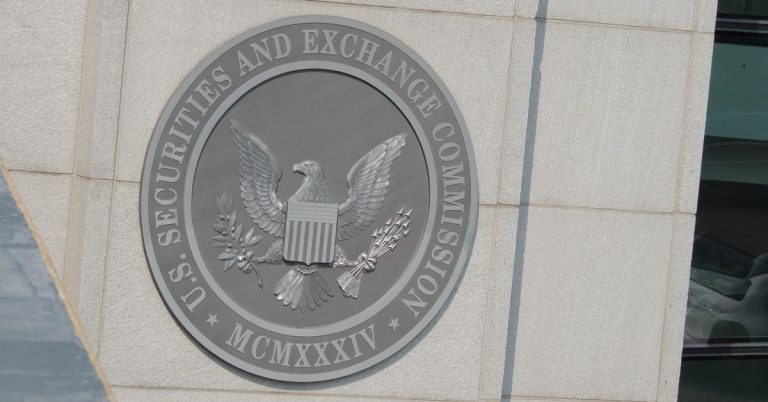
According to central bank lawyer and researcher Marcelo M. Prates, the current state of crypto regulation is akin to a “Catch-22” situation. This refers to the absurd and contradictory rules and requirements that make it impossible for crypto businesses to comply with regulations.
In Joseph Heller’s famous novel, a Catch-22 was a stipulation that allowed pilots to be excused from combat duties if they filed a request stating they were insane. However, filing the request implied that they were actually sane and therefore not eligible for exemption.
In the current state of crypto regulation, the SEC’s approach of “come in and register” is also a Catch-22. While SEC Chair Gary Gensler claims that registering with the SEC is a simple process, the reality is that it is not. And even if a crypto business were to successfully register with the SEC, they would hit a dead end as there are currently no registered exchanges or broker-dealers allowed to trade crypto tokens.
Additionally, the lack of a specific federal licensing framework for fintech companies means that they must partner with banks to offer their services. This partnership, known as banking-as-a-service, is becoming increasingly difficult and costly due to the concerns of federal regulators. This creates another Catch-22 situation where fintech companies can only survive with the collaboration of banks, but regulators do not want banks to partner with fintech firms.
As a result, Congress must take action to support financial innovation. This includes enacting tailored federal frameworks for crypto and fintech, which will ensure the soundness, competitiveness, and inclusivity of the US capital and financial markets. To quote Heller, crypto and fintech companies must either “live forever or die trying” in their pursuit of innovation.